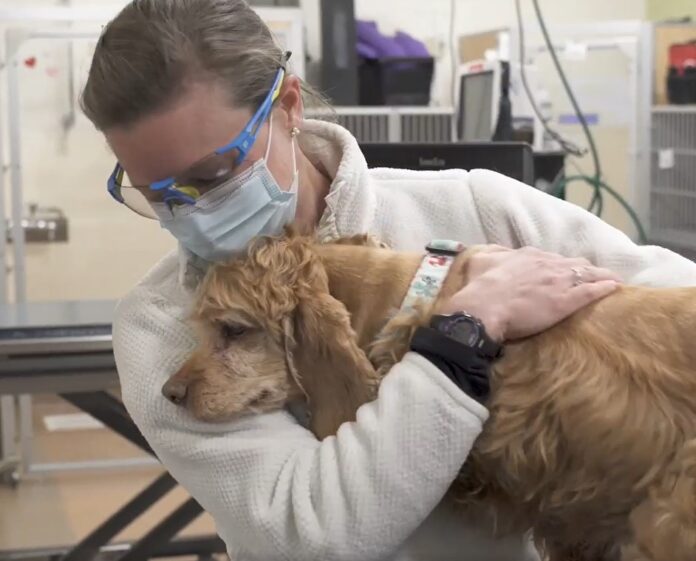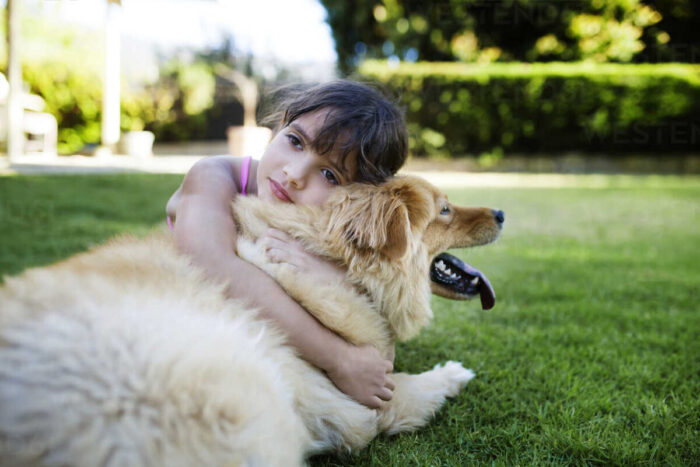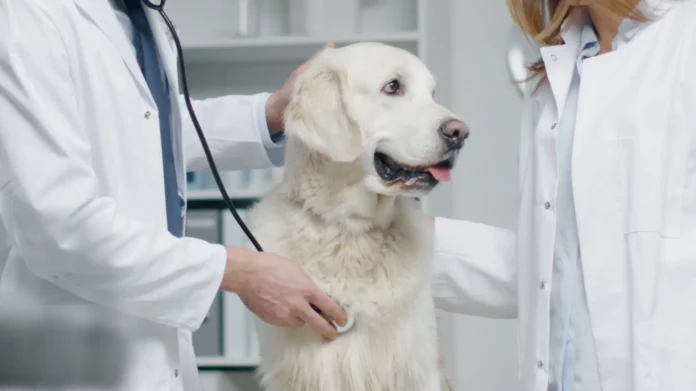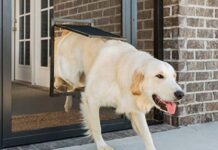When it comes to furry ones, their health and well-being are of utmost importance. Just like humans, dogs can also experience respiratory problems affecting their quality of life. This article explores valuable tips and guidelines to help prevent infectious respiratory disease complex issues in dogs. Understanding and implementing these tips ensures your dog breathes right and lives a happy, healthy life.
Understanding Respiratory Problems in Dogs:
Common canine infectious respiratory disease complex problems encompass a range of issues that can impact their breathing and overall well-being. These issues often stem from a combination of genetic predisposition, environmental factors, and lifestyle choices. Some prevalent respiratory problems in dogs include brachycephalic syndrome, characterized by breathing difficulties in breeds with flattened faces; allergies that cause sneezing and congestion; infections like kennel cough or pneumonia; and environmental factors such as smoke or pollution exposure. Recognizing these conditions is crucial for early intervention and effective prevention measures to ensure your dog’s respiratory health. Here are some of the most prevalent respiratory problems in dogs:

Brachycephalic Syndrome:
Brachycephalic breeds, including Bulldogs, Pugs, and Boston Terriers, possess distinctive short noses and flat faces due to their unique anatomy. This physical characteristic, while endearing, can result in a range of breathing difficulties collectively known as Brachycephalic Syndrome. These issues may include snoring, snorting, and heavy panting, which can be exacerbated by physical exertion or heat. In severe cases, it can lead to conditions like obstructive airway syndrome, making it challenging for affected dogs to get sufficient oxygen, potentially causing respiratory distress.
Allergies:
Similar to humans, dogs can suffer from allergies that impact their respiratory system. Allergic reactions in dogs can manifest through symptoms such as sneezing, coughing, and nasal congestion, which can be distressing for both the pet and its owner. Seasonal allergens like pollen, as well as food allergies, can trigger these responses, necessitating careful identification and management of allergens to ensure the dog’s comfort and well-being.
Obesity:
Obesity in dogs is a prevalent issue that can significantly affect their respiratory health. Excess weight places added pressure on the chest and lungs, making it harder for dogs to breathe effectively. This can lead to labored breathing, reduced exercise tolerance, and increased risk of other health complications. Proper diet and regular exercise are essential for preventing and managing obesity in dogs to maintain their respiratory health.

Infections and Diseases:
Respiratory infections, such as kennel cough, pneumonia, or influenza, can pose a significant threat to a dog’s respiratory system if left untreated. These infections can lead to severe breathing difficulties, coughing, and even pneumonia in some cases. Timely diagnosis and appropriate treatment, often including antibiotics or antiviral medications, are crucial for preventing these infections from progressing and causing lasting respiratory issues.
Environmental Factors:
Environmental factors can also play a role in respiratory problems in dogs. Exposure to smoke from cigarettes or wildfires, air pollution, and extreme temperatures can irritate a dog’s respiratory tract and exacerbate pre-existing conditions. Protecting dogs from such environmental stressors, ensuring proper ventilation in indoor spaces, and providing appropriate shelter during extreme weather conditions are essential steps to safeguard their respiratory health and overall well-being.
Now that you have a basic understanding of common respiratory issues in dogs, now move on to the preventive measures.

Preventing Respiratory Problems in Your Dog:
Choose the Right Breed:
Selecting the right dog breed is a crucial first step in preventing respiratory problems. Research breeds that are less susceptible to such issues and ensure they align with your lifestyle and living environment. Breeds like the Basenji or Whippet, known for their respiratory resilience, may be better choices for individuals concerned about respiratory health.
Maintain a Healthy Weight:
Consistently maintaining your dog’s healthy weight is essential in preventing respiratory complications linked to obesity. Regular exercise, such as daily walks or playtime, combined with a well-balanced diet tailored to their age and activity level, can significantly contribute to their overall well-being.
Regular Vet Check-ups:
Scheduling routine veterinary check-ups is crucial in detecting potential respiratory issues early. Veterinarians can assess your dog’s respiratory health during these visits, recommend preventive measures, and administer vaccinations to protect against common respiratory infections, ensuring your pet’s longevity.

Allergen Management:
Effective allergen management is vital for dogs prone to allergies. Employ strategies like using air purifiers to reduce indoor allergens, maintaining a clean home environment by regular cleaning and vacuuming, and discussing allergy medications with your vet to alleviate allergy-related respiratory distress.
Proper Grooming:
Regular grooming practices, particularly for long-haired breeds, play a pivotal role in preventing respiratory problems. Keeping your dog’s fur clean and well-maintained reduces the risk of allergens and infections. Brushing your dog’s coat, cleaning their ears, and maintaining good hygiene can make a significant difference in their respiratory health.
Avoid Smoke Exposure:
Maintain a smoke-free environment for your pet by refraining from smoking indoors. Secondhand smoke can be harmful to your dog’s respiratory system, and ensuring a smoke-free home helps safeguard their health and well-being.
Exercise and Mental Stimulation:
Engage your dog in regular physical activities to promote a healthy weight and improve lung capacity. Beyond exercise, mental stimulation through interactive toys, puzzles, and training exercises can keep their minds sharp and their respiratory system in good condition. Finding a balance between physical and mental activities is key to your dog’s overall health and happiness.

Climate Considerations:
Protect your dog from extreme temperatures. In cold weather, provide warm shelter; in hot weather, ensure they have access to shade and water.
Summing it Up:
In conclusion, preventing canine infectious respiratory disease complex issues requires a combination of responsible pet ownership and awareness of potential risks. By choosing the right breed, maintaining a healthy weight, and addressing allergens and environmental factors, you can significantly reduce the likelihood of your furry friend developing respiratory issues.
Remember that regular vet check-ups and early detection are essential for ensuring your dog’s respiratory health. Additionally, providing your dog with a loving and supportive environment, free from harmful pollutants, can go a long way in keeping their airways clear and allowing them to breathe right. Proactive care can lead to a lifetime of happy and healthy breaths for your canine companion.





![Calgary’s Hottest Neighborhoods for Luxury Homebuyers [2024]](https://thewashingtonote.com/wp-content/uploads/2024/04/Calgary-324x160.png)



